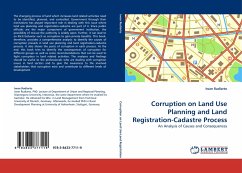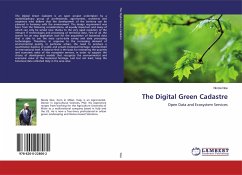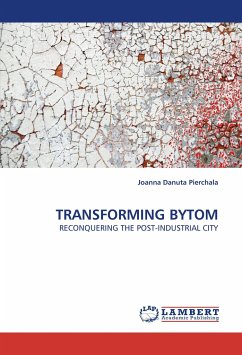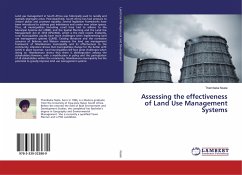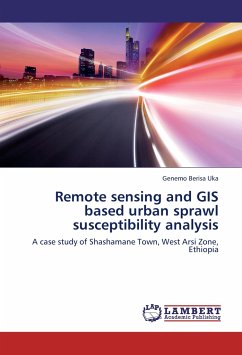Historically, land was the primary capital in agriculture-based economies, and paper-based cadastre recorded land use and ownership. As practiced in ancient China, the cadastre faced limitations like; difficulty updating maps, wear and tear, outdated coordinate systems, and issues like boundary disputes and high land registration costs (FIG, 2020). Technological advancements, particularly GIS, have transformed cadastres into multipurpose systems essential for modern land governance (Polat, 2019).Despite these advancements, Cameroon still uses a paper-based cadastral system, contributing to its low ranking (178th out of 195 countries) in terms of ease of land registration (WBG, 2019). This research explored the challenges faced by Cameroon's system, including registration duration, user experience, and data security. To address these issues, a tier-3 WebGIS system was developed using open-source platforms like QGIS, PostgreSQL, and GeoServer, resulting in a Cadastral Information System (CIS). This digital system aims to improve the efficiency of land governance. The project also provided recommendations for implementing and scaling the system to enhance land management in Cameroon.
Bitte wählen Sie Ihr Anliegen aus.
Rechnungen
Retourenschein anfordern
Bestellstatus
Storno


